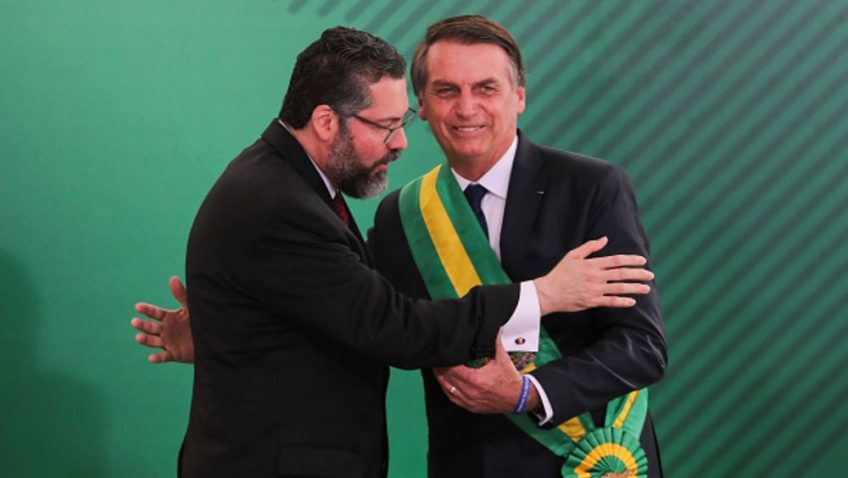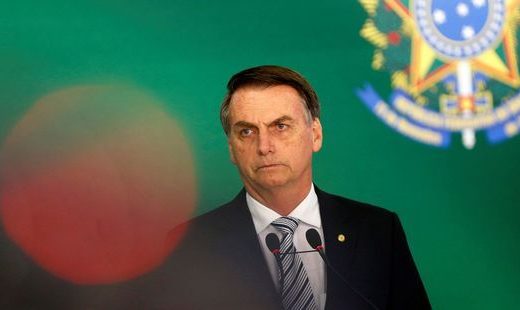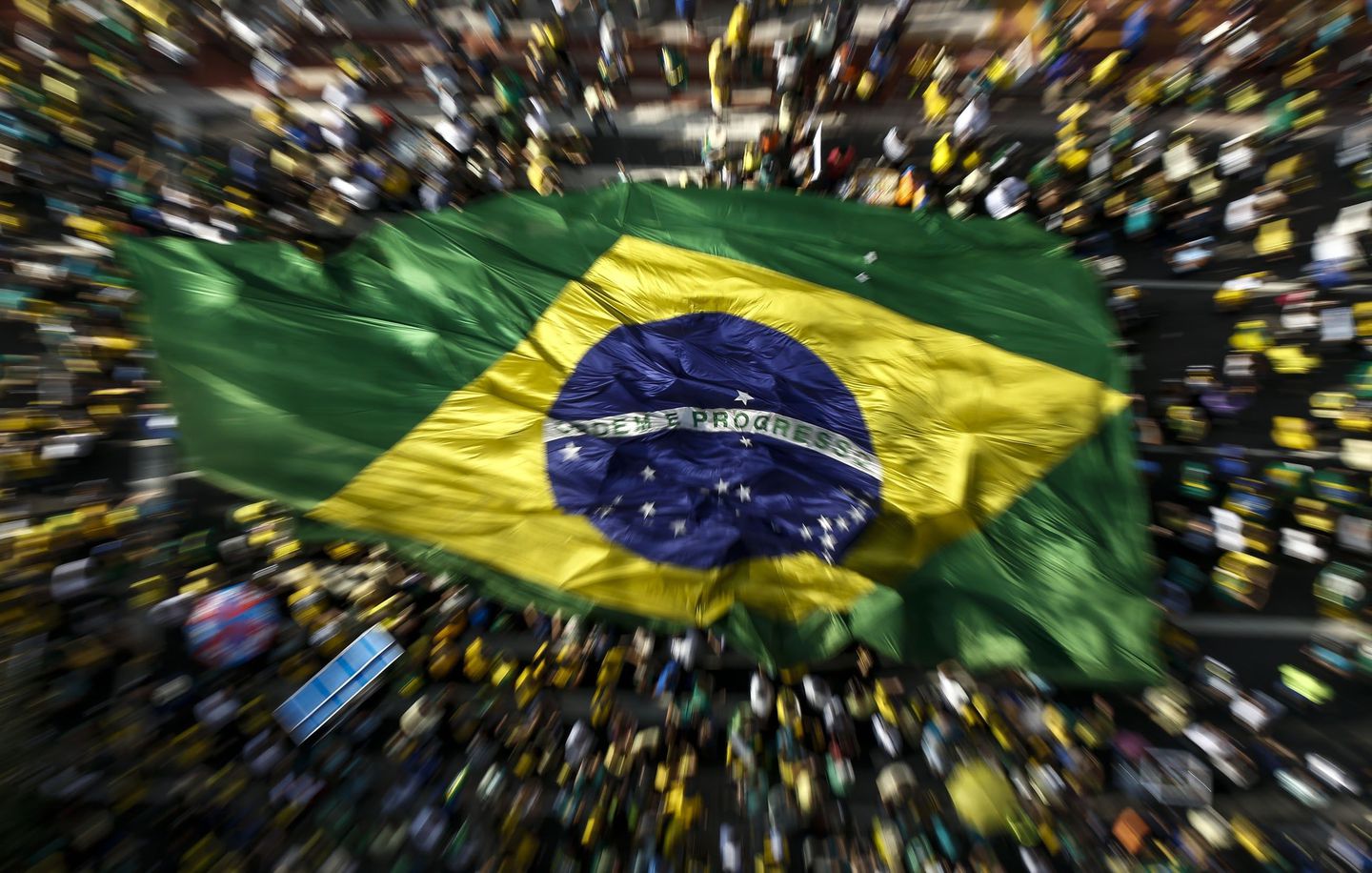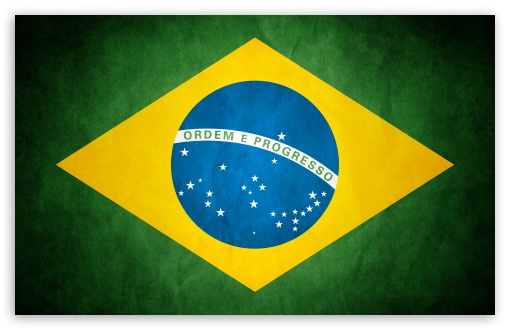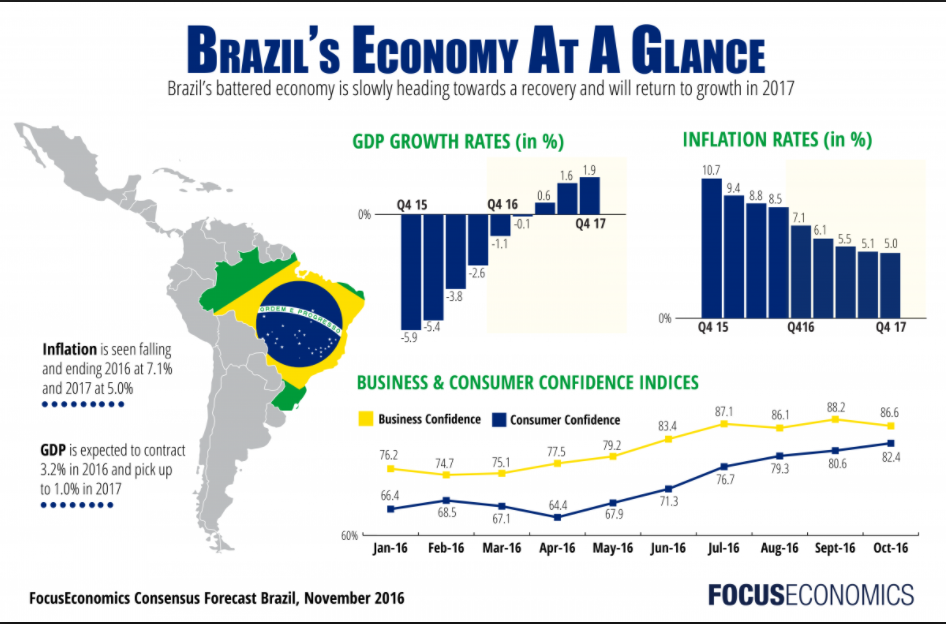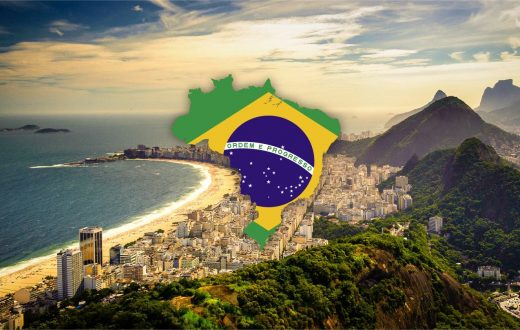The foreign policy of president Jair Bolsonaro will be the result of conflicts between three groups within the government: the populists that call themselves “anti-globalists;” the military officers at the top of the administration; and the economic technocrats in the Ministries of Agriculture and of the Economy. There are several points of disagreement between them: how to deal with China and the Arab countries, Brazil’s role in Latin America, and the country’s participation in multilateral agreements on the environment and migration.
The Anti-Globalists
The anti-globalists orbit around Minister of Foreign Affairs Ernesto Araújo, Congressman Eduardo Bolsonaro—one of the president’s sons—and Filipe Martins, an advisor for foreign affairs of President Bolsonaro and of his Social Liberal Party.
They reject the consensus of the cosmopolitan elites about liberal values and instead they present a populist cocktail of nationalism, religion, and unilateralism along the lines of the agenda promoted by U.S. President Donald Trump and his former advisor Steve Bannon, or similar movements on the European extreme right. This group also defends close relations with the U.S. and Israel, as well as recognizing Jerusalem as the Israeli capital. They want Brazil out of the Paris Climate Change Accordand the Global Pact on Migration.
These positions are ruptures with the basic pillars of Brazilian diplomacy in the 30 years since the return of democracy and would jeopardize many alliances and coalitions that Brazilian diplomacy carefully built along the years. The anti-globalists are mainly young and somewhat of outsiders—Mr. Araújo, for example, was until a few months ago a middle-ranked diplomat, who was never the head of a foreign mission or held high office in the Ministry of Foreign Affairs.
Mr. Araújo is facing unprecedented rejection from his colleagues, who already published an anonymous manifesto against him and gave him the nickname “Beato Salu,” after a crazy religious fanatic in a popular soap opera of the 1980s.
The Armed Forces

